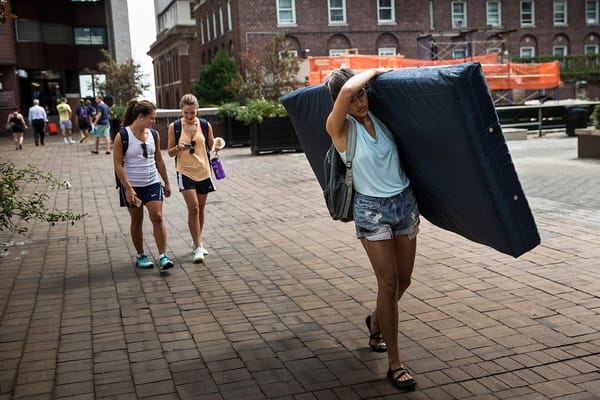Sexual Misconduct Star Chambers on College Campuses? The Massachusetts Senate vs. Moonbeam Jerry Brown

Sexual assault is so awful that it ought to be treated as the crime that it is. That means it shouldn't be treated the same way Judge Wapner might have decided a small-claims dispute on The People's Court.
Yet that's what the Massachusetts Senate apparently wants on college campuses. This past week, the Senate breezily approved a bill (Senate Bill 2191) that provides a "preponderance of the evidence" standard for college tribunals adjudicating claims of sexual misconduct made by students.

